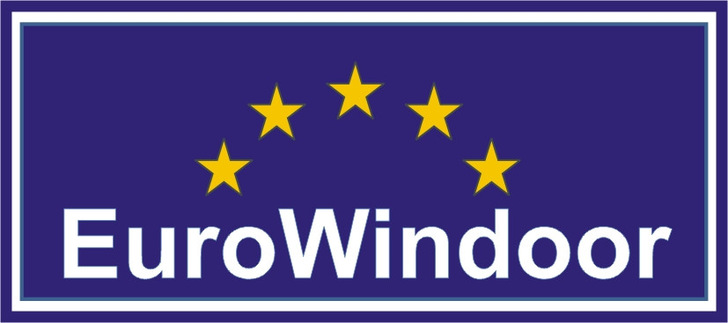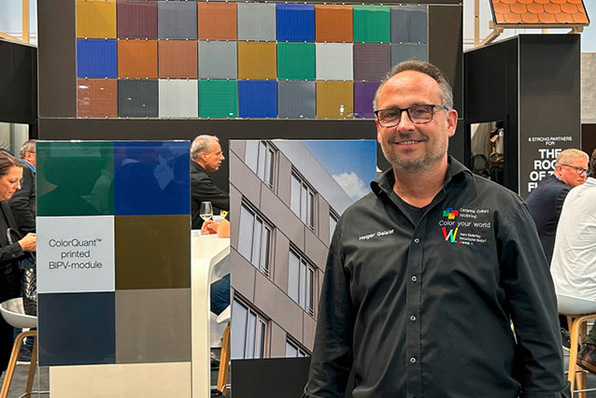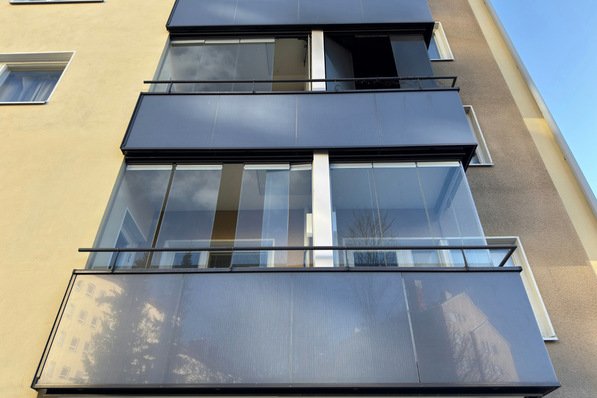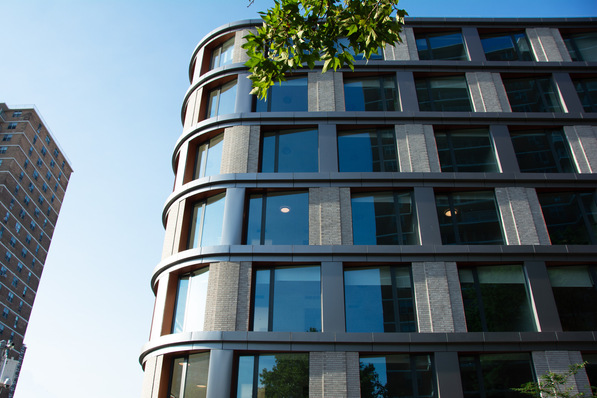EuroWindoor, representing Europe's window, door and facade industry, has raised concerns regarding the European Commission's ongoing revision of the Construction Products Regulation (CPR) Technical Acquis. The association emphasizes the need for additional time and clarity to address unresolved issues that could significantly impact manufacturers and the broader construction sector.
Policy and regulatory implications
Construction Products Regulation (CPR) Technical Acquis: The CPR Technical Acquis aims to harmonize standards for construction products across the EU. EuroWindoor warns that unresolved issues within this framework could lead to inconsistencies and compliance challenges for manufacturers of windows and doors. Without clear definitions and requirements, companies may face difficulties in aligning their products with EU standards, potentially hindering cross-border trade and innovation.
EU Taxonomy for Sustainable Activities: The EU Taxonomy sets criteria for environmentally sustainable economic activities. EuroWindoor has expressed concerns that the current criteria for windows, particularly the uniform U-value threshold of ≤1.0 W/m²K, do not account for regional climatic differences. This one-size-fits-all approach may not be optimal for energy efficiency across diverse European climates and could impose unnecessary burdens on manufacturers in warmer regions.
Energy Performance of Buildings Directive (EPBD): The EPBD focuses on improving the energy performance of buildings. EuroWindoor advocates for the inclusion of an energy balance approach in assessing window performance, which considers both heat loss and solar gains. This method provides a more comprehensive evaluation of a window's energy efficiency, promoting designs that are better suited to specific climatic conditions.

EuroWindoor
CE Marking and Harmonized Standards: CE marking indicates conformity with EU health, safety, and environmental protection standards. EuroWindoor emphasizes the importance of clear and consistent harmonized standards to ensure that manufacturers can accurately demonstrate compliance. Ambiguities in the Technical Acquis could lead to discrepancies in CE marking processes, affecting market access and consumer trust.
EuroWindoor's Recommendations
Extended Consultation Period: Allow more time for stakeholders to review and provide input on the Technical Acquis to ensure comprehensive and practical standards.
Clarity in Standards: Provide detailed definitions and requirements within the Technical Acquis to prevent misinterpretations and ensure uniform application across member states.
Regional Considerations: Adjust performance criteria, such as U-values, to account for regional climatic variations, ensuring that standards are both environmentally and economically appropriate.
Integrated Assessment Methods: Incorporate energy balance approaches in evaluating window performance to capture the full spectrum of energy interactions, leading to more effective energy efficiency strategies.
In summary
EuroWindoor's call for more time and clarity underscores the complexity of developing regulations that are both effective and equitable. Addressing these concerns is crucial to ensure that the revised Technical Acquis supports innovation, sustainability, and competitiveness within the European construction products industry.
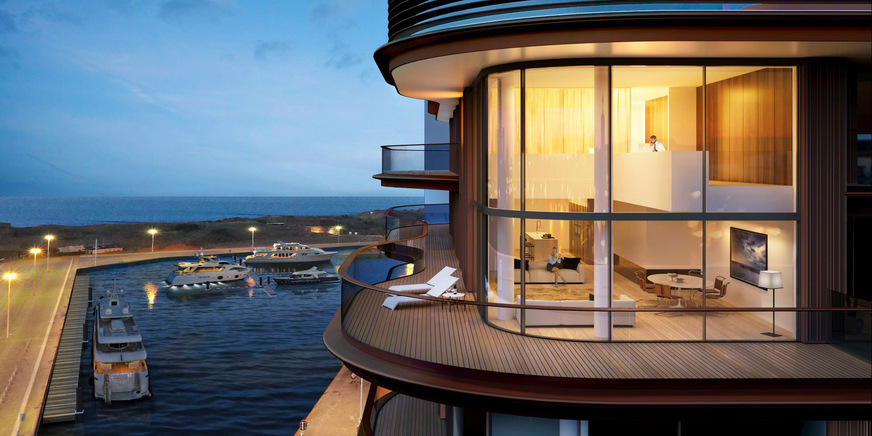
Versluys Groep






